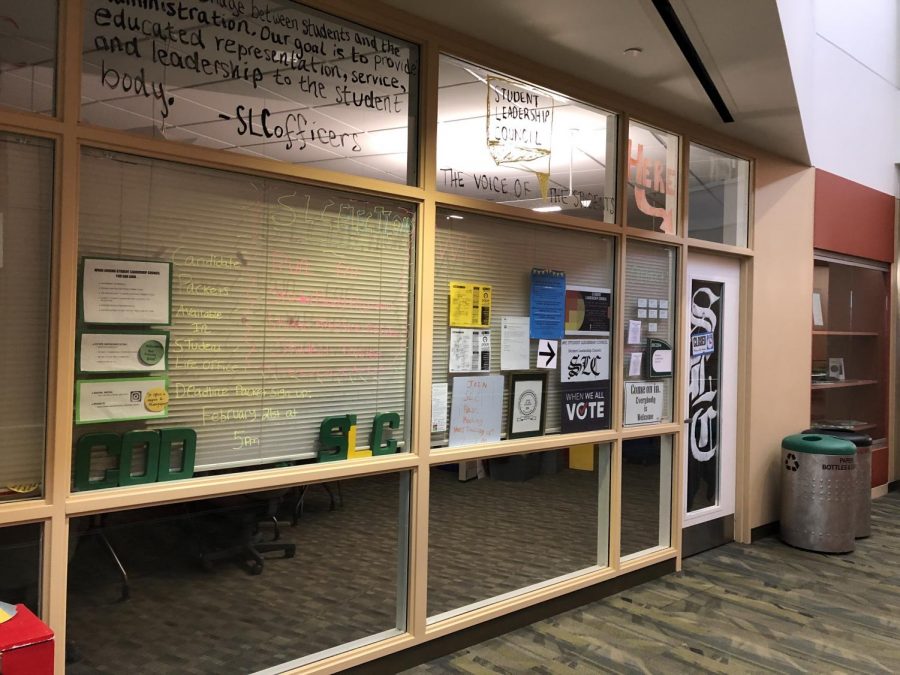What is the SLC?
And Why You Should Consider Joining
February 5, 2020
The Student Leadership Council’s (SLC) elections for student body president, vice president, and trustee are coming up. All of the information is available in the SLC packets distributed by the Student Life office, where student IDs are available. The packets are due on Feb. 21.
In 2017 the amount of voters went up by 118 from the 2015 election. The great improvement in the voter turnout was due to the council and their various acts of outreach. Some of the acts are simply setting up a table in the school halls or as in depth as planning an event. The council members are hoping that the trend will continue and the number of voters and candidates for the next election.
With such a big event occurring on campus in the spring, Stephanie Quirk, one of the advisers of the SLC, said there are many reasons why someone should run in the election.
“Our mission is to be the voice of the students, to provide leadership opportunities for students who are looking to develop those skills and are interested in becoming active participants on our campus,” Quirk said. “It’s a great opportunity to get experience on a team that is advocating for student concerns and issues to our administration.”
Elected officials and members of the council work to become the voice for COD’s student population. Operating together and performing various techniques of outreach, the council finds out what the problems are on campus and informs the college of the problems and how they can solve these problems. Members of the council gain experience with addressing areas of concern with the students and the school board. They learn and develop various skills all under the term: leadership.
Member of the council Alex De Guzman stated, “Students need their own voice. So make the right choice. We [the Student Leadership Council] are what makes our community shine brighter.”
Quirk described the skills the SLC members will develop if they put in the time and effort to build them.
“We work really intentionally with each student to develop the skills that they feel that they would like to develop” Quirk said. “They set their own goals and things, but some of the most common skills they learn are time management, emotional intelligence, working in teams, collaboration, communication. Communication is a huge one. It’s one of our foundational skills. We say when things go really well – it’s communication. When things go really poorly – it’s communication.
“Public speaking is a really practical thing,” Quirk continued. “They run their own meetings. They give presentations. They host events, so event planning. Anything and everything around creating marketing, advertising, publicity.”


















